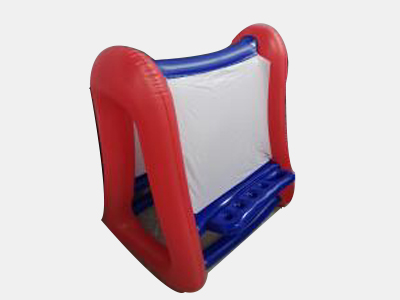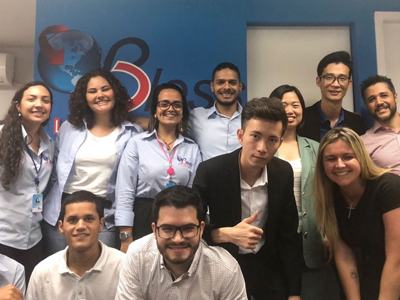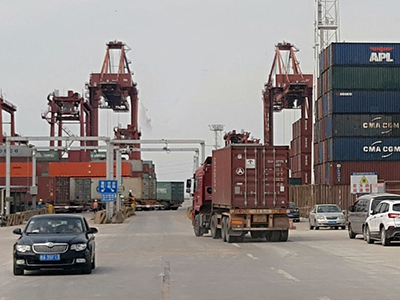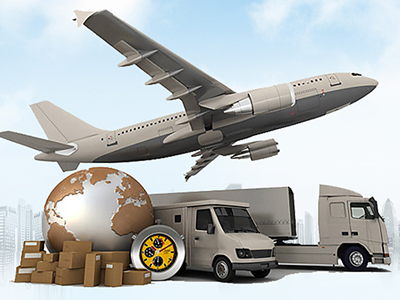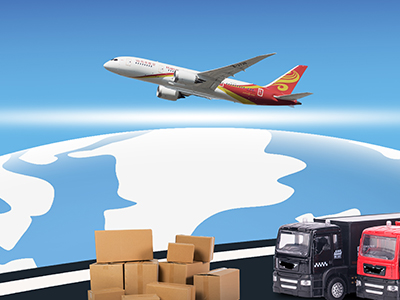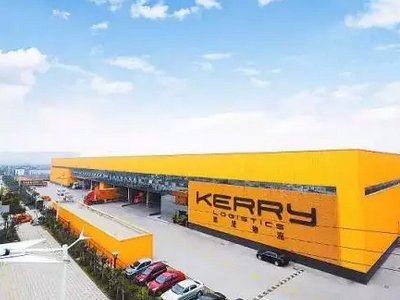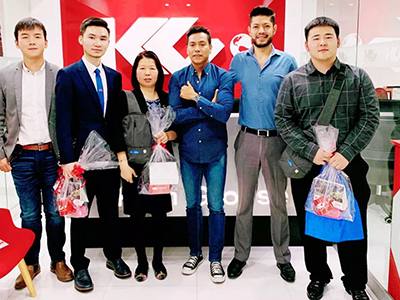CNS thinks compliance challenges include ever-changing international trade regulations, consumer demands for shorter delivery times and delivery time accuracy while maintaining high quality and trade compliance.
These challenges grow with every layer in the supply chain, managing suppliers’ deliveries and compliance with changing regulations and multi-jurisdictional subtleties that can cause errors and thus delays.
Many companies effectively outsource their full supply chain, with trade-offs on control, costs and compliance risk. But customs filing and trade compliance doesn’t need to be a minefield of delays or tracking blackouts.
How does your business measure against the following?

1. Is Customs and Trade Compliance within your control?
Is Customs Compliance part of your internal logistics and supply chain processes? Is every team in your process keenly aware on their part in your company’s compliance?
Does each step in the process validate its outputs to the next stage? Does each team understand the ‘why’ in how they gather and record their data while meeting their ongoing time pressures to deliver? Is your team trained to identify inaccurate incoming data and quickly correct or respond? Does outsourcing customs-filing or other functions promote relaxed compliance across the whole process? There is a risk of overall process inefficiency when large parts of the process are someone else’s job. To what extent is there an ‘us and them’ attitude in your internal team?
Are you enabling your internal team, who know your business best, to process customs filing and compliance directly within systems they use today? Your existing ERP, shipping or trade compliance IT solutions should be capturing all the relevant data for your company to self-file customs documentation.
An end-to-end audit trail provides the answers to questions that may be asked long after the event. Do you have a full audit trail to trace inaccuracies, inefficiencies and faults for overall process review and compliance?
2. Supply Chain Velocity
Are you losing velocity through sending shipment information to brokers or other third parties, introducing potential delays and transcription/classification errors and maintaining the confidentiality of your business? Companies retain control by maintaining their own business data and documents in-house and direct filing customs declarations, without the need for third parties or intermediaries.
3. Supply Chain Visibility
With multiple layers of providers within your supply chain, how is this affecting your visibility? Do you have immediate access to the status of each movement through your supply chain, including within customs checking?
Customs filing doesn’t need to be an activity of unknown timeframe. You can integrate your systems to query the status within the Customs Authority and determine processing times for tracking purposes.
4. Supply Chain Control
Is change challenging within your supply chain? When you seek to make changes, for efficiency, cost or compliance reasons, to what extent do you have control over these changes?
With greater integration of your systems and control over customs filing, companies can manage change in their import and export data more efficiently. This integration enables your team to manage direct customs filing, with greater visibility, compliance and control and overall greater supply chain efficiency.
5. Consistent Declaration Filing Compliance
Every new import and export market have new challenges. Companies too often have additional customs and trade compliance expertise for each market.
With more stakeholders and a larger team brings challenges for change and consistency in compliance and customs filing. Through integrating your systems with region-wide customs-filing, companies have a consistent and direct connection to customs authority and ports systems.
When a company is outsourcing their supply chain, the perceived small relative additional cost of customs-filing costs only is ignoring the much greater costs to your business across control, visibility and compliance ownership.
CNS Latin America cross-border electricity business logistics, is the leading one-stop international logistics, can provide including sea, air, trailer, customs declaration, warehouse, cargo insurance, cross-border business logistics, the port of destination services, comprehensive international logistics services, designed to use the Internet and digital technology, makes the visualization of the cross-border supply chain logistics, international logistics like sending and receiving express is convenient and efficient.


